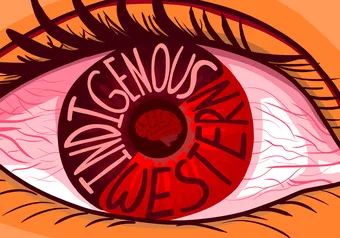Dr. Judy Illes and Dr. Melissa Perreault work with Indigenous researchers globally to advocate for and educate about Indigenous neuroethics. According to Perreault, their goals are twofold: to ensure research with communities is done ethically, and to demonstrate how Indigenous knowledge can enrich Western approaches to neuroscience.
Three adult groups in BC have hearing health costs covered by the provincial health care system — people with disabilities, veterans (who are primarily covered federally) and workers who develop hearing loss due to work-related noise exposure, thanks to WorkSafe BC. The rest of the population? No coverage.
What do we need to consider about our food, beyond our own nutrition? Who and what is being impacted by the food on our plate? The framework for understanding the environmental, social and nutritional impacts of food is called food literacy.
In a new study, Dr. John-Jose Nunez and his team trained artificial intelligence (AI) to predict whether cancer patients would go on to see a psychiatrist or counsellor, based solely on their initial oncology consultation documents.
In 2022, researchers found a 29.6 per cent increase in colorectal cancer (CRC) rates in 20-34 year olds from 2001 to 2011, projecting a 42.8 per cent increase by 2030.
The Middle East Studies (MES) program invited Jabr to discuss the importance of integrating social justice and human rights approaches into mental health work, and how healthcare workers can do so.
UBC’s Innovation in Dementia and Aging (IDEA) Lab, led by Dr. Vivienne Hung, is researching the use of robots to support elders’ independence, safety and wellbeing.








